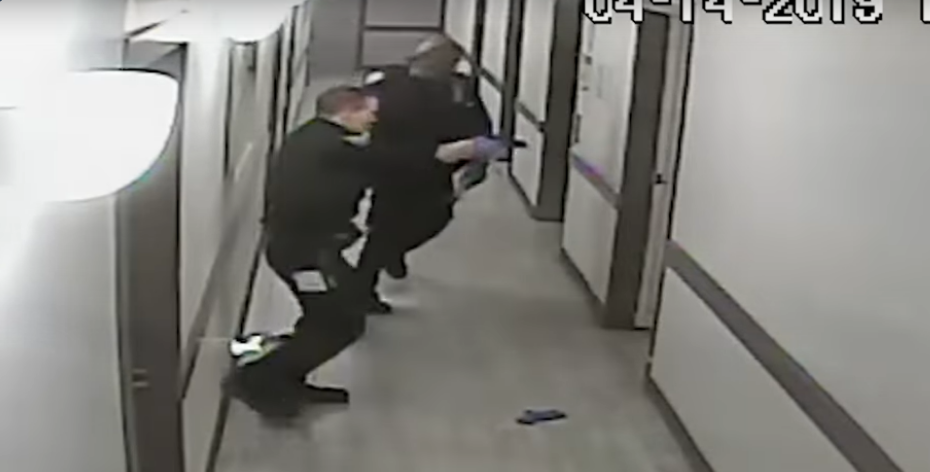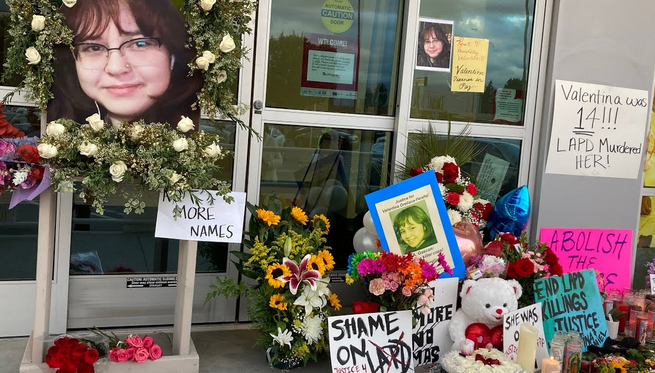King was a political genius. He was someone who combined a passion for justice and an activist approach with a profound appreciation for what is sometimes called “mass politics.� On August 13, 1967, on NBC’s Meet the Press, he called for “direct action and powerful action programs� to challenge racial and economic injustice and the war in Vietnam.
I’m always personally touched when the King birthday holiday in January and the King April 4th assassination date come around. It was on that April 4th date in 1968 that I moved from concern about war and injustice to activism against them.
His violent death motivated me to compose and post a petition to Congress that was signed by about half of the students at the college I was attending, Grinnell College in Iowa, before I sent it off to Washington, D.C. I’ve been active ever since on a wide range of issues.
Over those many years, I’ve come to learn that it’s unhealthy to uncritically follow behind or support even the most stirring, articulate, courageous and effective leaders. Experience has taught me that there are no perfect leaders in the world, at least none that I’ve ever worked with, seen or read about. Dr. King, for example, had very real weaknesses as far as his appreciation of leadership from women and as far as issues of fidelity to his wife, as pointed out and discussed by Michael Eric Dyson in his book, “I May Not Get There With You: The True Martin Luther King, Jr.”
But each year, when these dates come around and I listen to King on TV or radio or re-read his most famous speeches and am reminded about his life, I am always moved.
King was a political genius. He was someone who combined a passion for justice and an activist approach with a profound appreciation for what is sometimes called “mass politics.” On August 13, 1967, on NBC’s Meet the Press, he called for “direct action and powerful action programs” to challenge racial and economic injustice and the war in Vietnam. He was about concretely effecting change, and he knew in his bones that change of substance only happens when large numbers of grassroots people are organized into a powerful mass movement that can appeal to the conscience and the best within others while exerting political and/or economic power on those in positions of power.
He was also a product of his times. His leadership didn’t come from out of nowhere. He was called upon to provide concrete leadership to the Montgomery, Alabama bus boycott, the mass struggle which galvanized the civil rights movement of the 50’s and 60’s, and similarly with the Southern Christian Leadership Conference (SCLC) which emerged out of that campaign. And as the movements for civil rights and racial justice, and the movement against the Vietnam war, grew and developed, King grew and developed with them.
During the later years of King’s life, the years following the passage of the Civil Rights and Voting Rights Acts of 1964 and 1965, King began to speak out about what he called “a far deeper malady within the American spirit—I am convinced that if we are to get on the right side of the world revolution, we as a nation must undergo a radical revolution of values. We must rapidly begin the shift from a ‘thing-oriented’ society to a ‘person-oriented’ society. When machines and computers, profit motives and property rights are considered more important than people, the giant triplets of racism, materialism and militarism are incapable of being conquered.”
Stewart Burns, in “To the Mountaintop: Martin Luther King Jr.’s Sacred Mission to Save America,” reports on a speech King gave about two months later, at the end of May, at an SCLC staff retreat. King explained, ‘“For the last 12 years we have been in a reform movement.’ But ‘after Selma and the voting rights bill we moved into a new era, which must be an era of revolution. We must see the great distinction between a reform movement and a revolutionary movement. We are called upon to raise certain basic questions about the whole society. . . ”’
King located his increasingly radical beliefs squarely within the Christian tradition. He went on to explain, ‘“Jesus didn’t get bogged down in a specific evil. He didn’t say, now Nicodemus you must not drink liquor. He didn’t say, Nicodemus you must not commit adultery. He didn’t say, Nicodemus you must not lie. He didn’t say, Nicodemus you must not steal. He said, Nicodemus you must be born again. Nicodemus, the whole structure of your life must be changed.
‘“What America must be told today is that she must be born again. The whole structure of American life must be changed.’”
What were the last major campaigns of King’s life? There were two: support of the striking sanitation workers in Memphis, Tn., an economic justice struggle, and the organization of the Poor People’s Campaign, whose intent was to nonviolently but militantly disrupt the functioning of government in Washington, D.C. until action was taken on an economic justice agenda. There is little question but that he was killed because of his increasingly radical perspectives and the actions he was taking to back them up. (For more on King’s death read, ”An Act of State,” by William F. Pepper.)
Have things changed for the better since King’s death? No, of course not. Economic inequality has mushroomed to obscene levels. Racial injustice is deep-seated and systemic. War spending is an outrage, and let’s not forget that Democratic Party leaders like Hillary Clinton and Barack Obama are calling for a beefed-up military. The climate crisis is acute and of utmost urgency. And it’s hard to think of a period in history when corporations have had more influence over government than they now have.
At the same time, if you compare the activism of the 1960’s with today’s activism, there is a much broader swath of it around a much bigger number of issues. There are probably several times more progressive organizers and activists now than there were then.
We are more powerful than we know, if we could but get it together, build an independent and progressive united force, and recapture that revolutionary spirit Dr. King spoke of and exemplified. Let’s act and interact with one another—humbly and humanely–as if we truly appreciated our potential power for positive, fundamental, urgently-needed change.
Ted Glick works with the Climate Crisis Coalition (www.climatecrisiscoalition.org) and the Independent Progressive Politics Network (www.ippn.org), where his seven years of Future Hope columns are archived. He can be reached at [email protected] or P.O. Box 1132, Bloomfield, N.J. 07003.
To subscribe to or advertise in New York’s leading Pan African weekly investigative newspaper, please call (212) 481-7745 or send a note to [email protected]
“Speaking Truth To Empower.”











